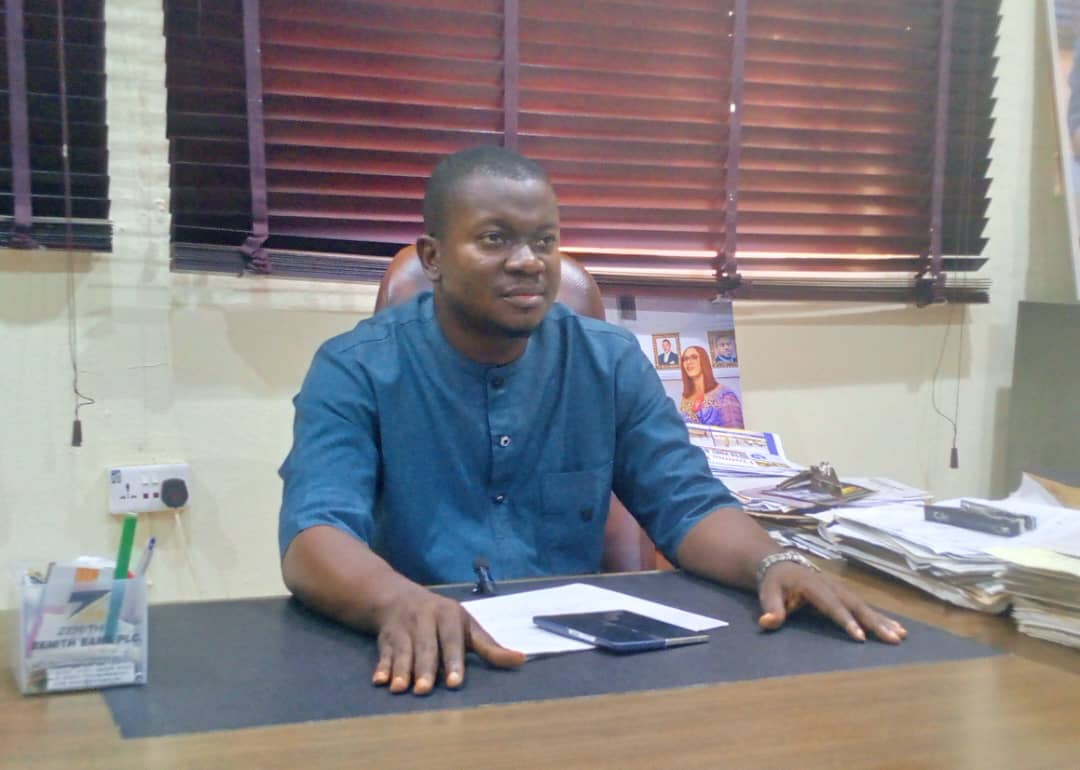According to Swiss newspaper Blick, members of the elite security force have been placed under curfew as part of preparations for the Pope’s potential passing.
The Vatican’s Swiss Guard is reportedly rehearsing the funeral of Pope Francis after the 88-year-old pontiff warned close aides that he “might not make it this time” following his recent hospitalization for pneumonia.
According to Swiss newspaper Blick, members of the elite security force have been placed under curfew as part of preparations for the Pope’s potential passing.
The reports come days after Francis was rushed to Rome’s Gemelli Hospital with severe chest pain, where doctors diagnosed him with a complex respiratory infection involving asthmatic bronchitis.
The Vatican confirmed the Pope’s pneumonia diagnosis on Tuesday, stating that he is receiving cortisone antibiotic treatment. The infection is of particular concern given that Francis had part of his lung removed in his youth.
However, despite his condition, the Pope is said to be at peace. Italian Cardinal Angelo Comastri, 81, told broadcaster Rai: “Francis is very calm. His helm is in the hands of the Lord.”
Francis has previously disclosed that he has already prepared his tomb, which will break with traditional burial practices.
In recent weeks, he has also focused on consolidating his legacy, making key decisions amid internal tensions within the Catholic Church.
The Vatican has canceled or rescheduled several of the Pope’s engagements this week, and uncertainty looms over his upcoming commitments as concerns over his health mount.
According to Daily Mail, people have been gathering outside Gemelli Hospital in western Rome to pray for Pope Francis, who is currently receiving treatment there.
On Monday, doctors diagnosed the 87-year-old pontiff with a polymicrobial respiratory tract infection, meaning a combination of viruses, bacteria, and possibly other organisms have affected his lungs, leading to double pneumonia.
Treatment for such an infection depends on its severity and may include oxygen therapy, intravenous fluids, and medication to target the underlying cause.
So far, the Vatican has not reported that Francis is using supplemental oxygen.
He has continued to eat breakfast daily, read newspapers, and carry out some work from his hospital room.
However, there has been no official update on how he is responding to medication, other than confirmation that he does not have a fever.
Dr. Carmelo D’Asero, an infectious disease specialist in Rome, cautioned that the absence of a fever isn’t necessarily a good sign.
“A high fever shows the immune system is actively fighting the infection,” he explained. “When someone has a serious bronchial infection but no fever, it suggests a weaker immune response, which is more concerning. In a way, having a fever might have been a better sign.”
The Vatican has not provided a timeline for Francis’ discharge, only stating that his treatment is complex and requires an appropriate hospital stay.
By Anthony Ogbekile




